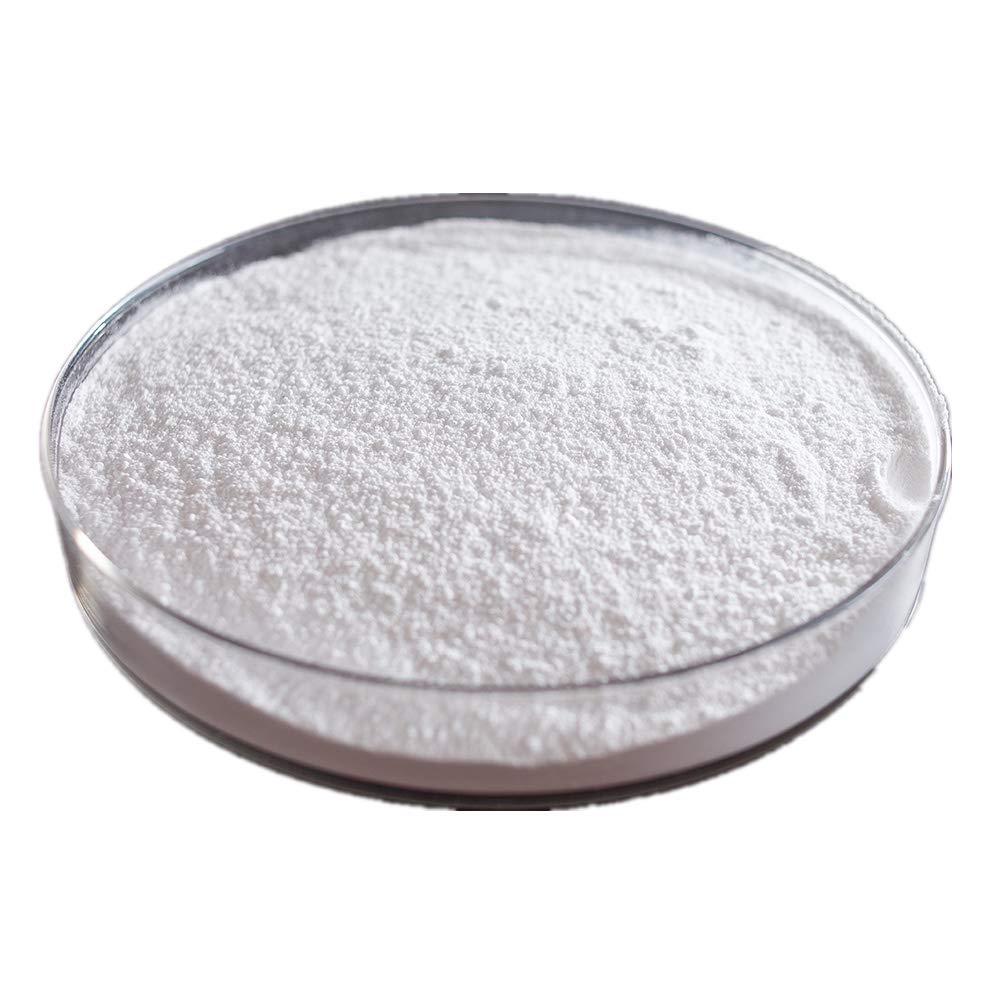Application of Polyvinyl Pyrrolidone in Biodegradable Plastics
Polyvinylpyrrolidone (PVP), also known as povidone, is a synthetic water-soluble polymer. Due to its high solubility, adhesion and chemical stability, PVP has been widely used in many fields. The high solubility of PVP enables it to dissolve quickly in a variety of solvents, while its good adhesion and chemical stability ensure its lasting effect in various applications. In the pharmaceutical and biomedical fields, PVP is often used as a carrier in drug delivery systems to help improve the solubility and bioavailability of drugs. In addition, PVP is also widely used in the development of biomaterials, such as biomedical implants and tissue engineering scaffolds.
With the increasing severity of global environmental problems, reducing plastic pollution and promoting sustainable development have become urgent issues that need to be addressed. Biodegradable plastics are of great significance to environmental protection because they can degrade in the natural environment and reduce long-term plastic waste. This type of material can be decomposed by microorganisms under specific conditions and eventually converted into carbon dioxide, water and biomass, reducing damage to the ecosystem. However, biodegradable plastics still need to be further optimized in terms of mechanical properties and degradation rate.
Although polyvinyl pyrrolidone (PVP) is not a completely biodegradable material, it has shown significant performance advantages when combined with other biodegradable materials. Polyvinylpyrrolidone has high solubility and excellent film-forming properties, which enables it to be used as a modifier to enhance the mechanical properties and degradation rate of biodegradable plastics. By combining Polyvinylpyrrolidone with biodegradable materials such as polyvinyl alcohol (PVA), the overall environmental performance of the material can be significantly improved. For example, studies have shown that Polyvinylpyrrolidone can increase the hydrolysis rate of PVA, thereby accelerating the biodegradation process of plastics.
The introduction of PVP can also increase the toughness and elasticity of the material, making it more durable and reliable in practical applications. In addition, the high chemical stability and biocompatibility of PVP make it an ideal choice for enhancing biodegradable plastics, helping to maintain the performance and stability of the material under various environmental conditions.
The combination of PVP and polyvinyl alcohol (PVA) is a typical success story. This combination material has not only been significantly improved in physical properties, but also has shown superior results in biodegradability. For example, PVA/Polyvinylpyrrolidone hydrogels prepared by γ-ray irradiation technology showed excellent biodegradability and antibacterial properties, making them promising for wide application in medical and agricultural fields.
Specific case studies have shown that the degradation rate of PVA/PVP hydrogels in soil is significantly increased, which helps to reduce the impact of agricultural waste on the environment. In addition, this hydrogel performs well in releasing nutrients and water, making it an effective tool for improving soil quality and increasing crop yields.
The latest research shows the progress of PVP in biodegradable plastics. For example, PVA/PVP hydrogels prepared by γ-ray irradiation technology show good biodegradability and antibacterial properties. This technology not only improves the degradation rate of the material, but also provides additional antibacterial protection in the application, thus expanding its application range in medical and agricultural fields. In addition, this hydrogel shows excellent mechanical properties and stability under different environmental conditions, making it a versatile and environmentally friendly material.
PVP-based materials have also demonstrated their superior performance in practical applications in multiple fields. For example, the application of PVP-based biomaterials in bioprinting shows its great potential in medical and tissue engineering. Studies have shown that PVP-based bio-inks excel in printing performance and cell proliferation, which helps improve the accuracy and efficiency of bio-printing. This technology is able to manufacture complex tissue structures and support the growth and reproduction of multiple cell types, thus providing new solutions for personalized medicine and regenerative medicine.
In addition, PVP is also used to prepare nanoparticles and composite materials, which show significant application prospects in fields such as environmental remediation and water treatment. PVP-based nanomaterials excel in removing harmful substances such as heavy metals and organic pollutants from water, which helps improve water treatment efficiency and protect the environment.
Polyvinylpyrrolidone (PVP) shows significant advantages in reducing chemical pollution and improving resource utilization efficiency. As an efficient modifier, PVP can be used in combination with other biodegradable materials to enhance the mechanical properties and degradation rate of the material. For example, PVP-based biomaterials can not only perform well in degradation rate, but also reduce the need for chemical additives, thereby reducing pollution to the environment. The application of this environmentally friendly material can greatly reduce chemical emissions in industrial production, while improving resource utilization efficiency, and help achieve a greener production process.
In addition, the application of PVP in water treatment technology also shows its environmental protection potential. PVP-modified filter materials perform well in removing heavy metals and organic pollutants from water, helping to improve water treatment efficiency and reduce water pollution. These applications not only protect the environment, but also improve resource utilization efficiency and promote the development of green technology.
PVP has broad potential new applications in environmentally friendly material technology. In the field of renewable energy, PVP-based materials are expected to be used to develop more efficient energy storage systems and solar cells. For example, PVP can be used as a battery electrolyte material to improve battery stability and life, and promote the application and promotion of renewable energy.
